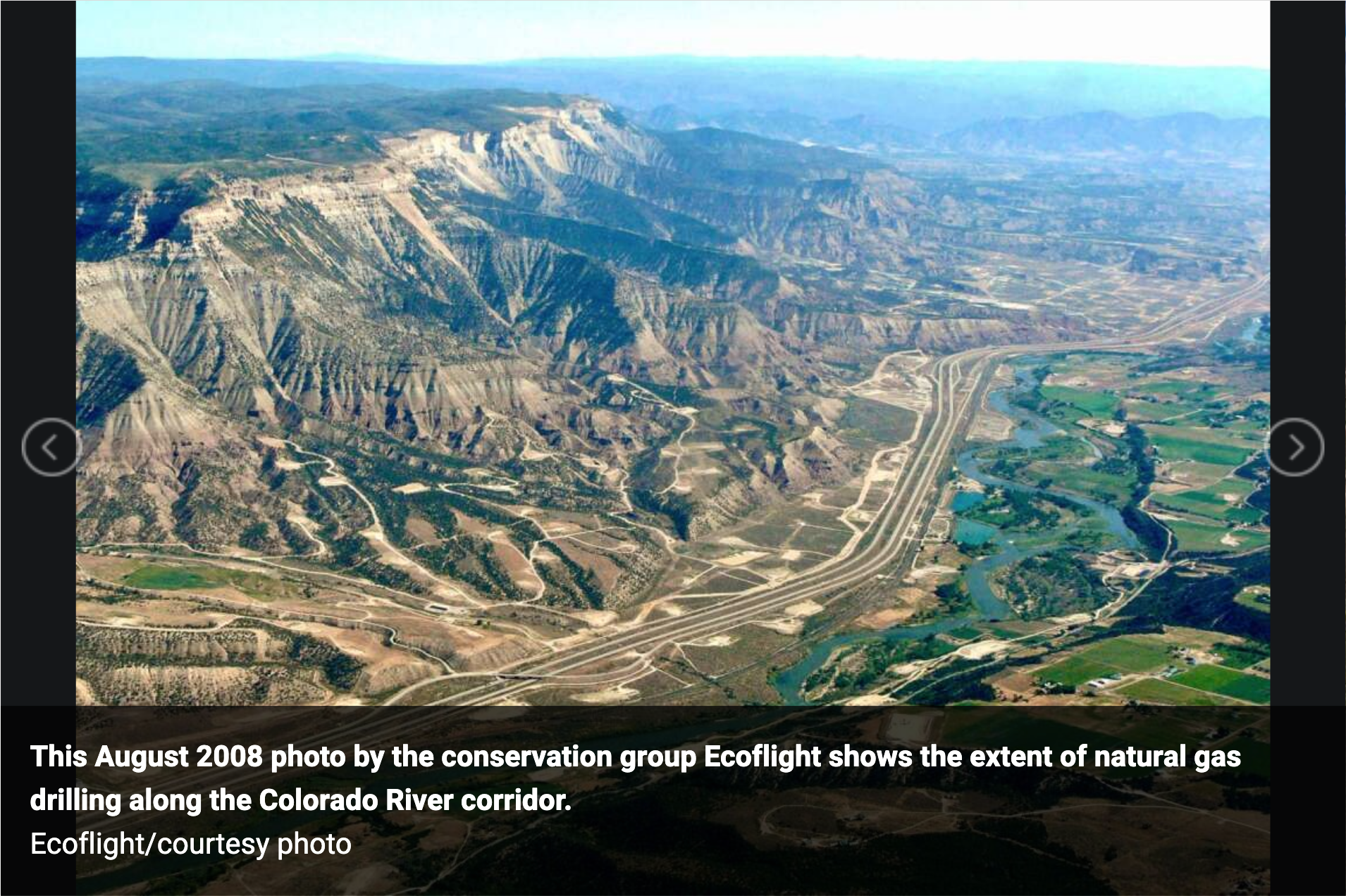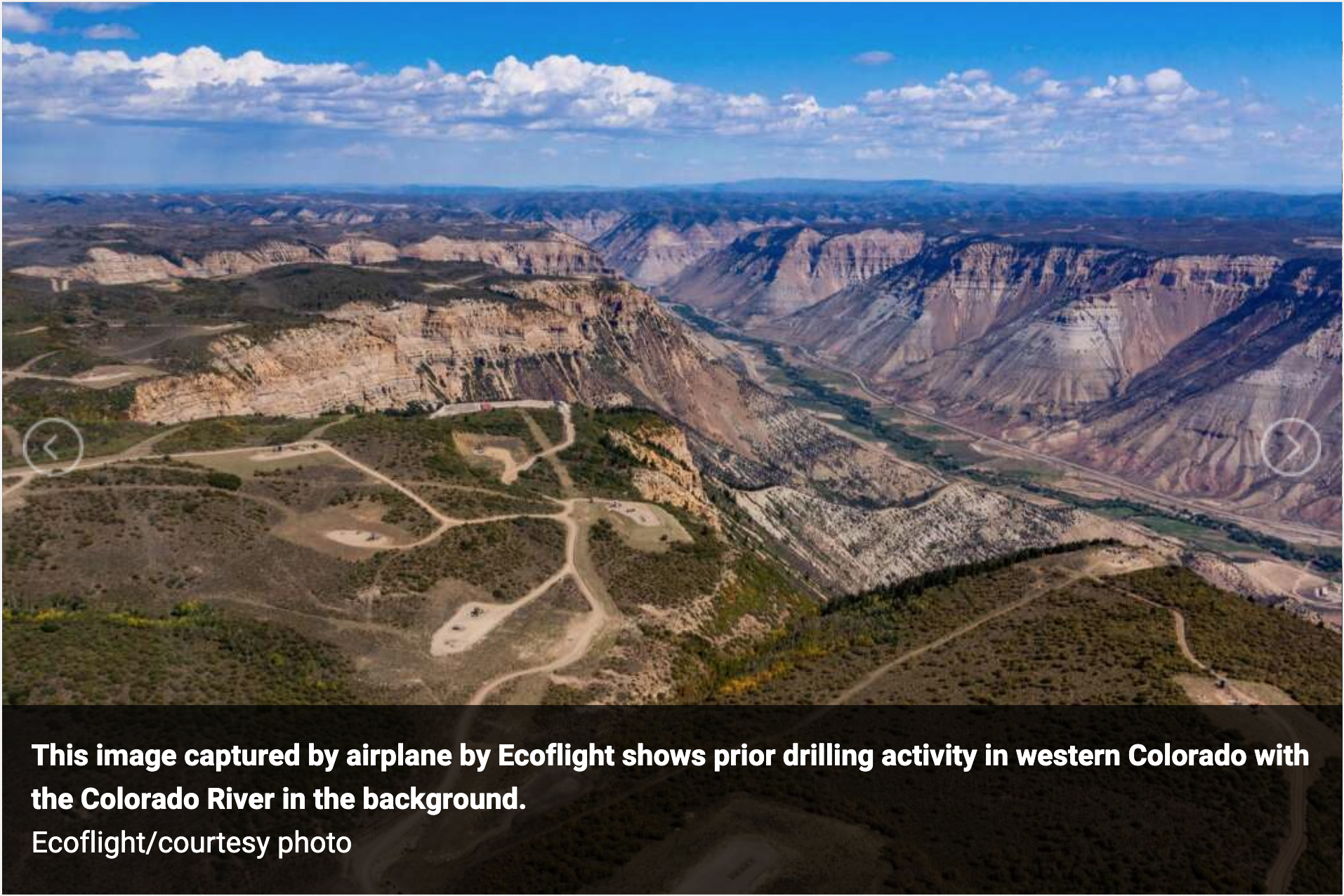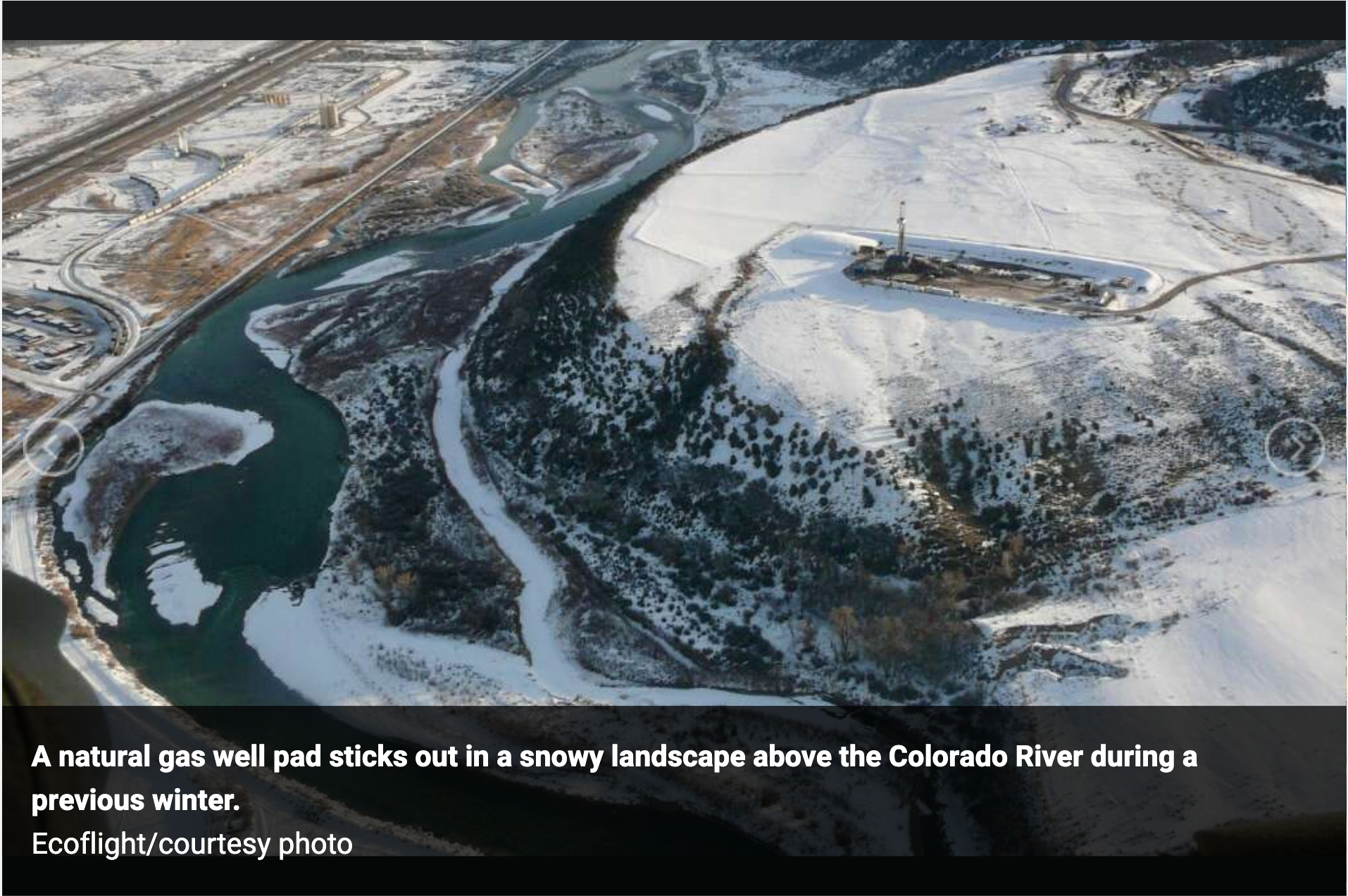


The town of Basalt is adding its voice to the debate over President Joe Biden’s decision to temporarily stop leasing public lands for oil and gas exploration to create time to review long-term policies.
The Town Council unanimously directed the staff to prepare a resolution in support of the pause for consideration at its next meeting on March 23. The issue was raised by council members Bill Infante and Elyse Hottel.
While there’s no threat of drilling on public lands in Basalt’s backyard, town officials said supporting the pause goes hand-in-hand with other recent actions related to climate change.
“It is completely consistent and supportive of our Declaration of a Climate Emergency and underscores our role in helping protect federal lands,” Infante said.
Basalt was among numerous local governments across the country that declared a climate emergency and vowed to weigh climate change in all its decision. Basalt took declared the emergency in 2019.
Similarly to that action, Basalt isn’t supporting the pause on oil and gas leasing in a vacuum. It was invited to lend its support by The Mountain Pact. That conservation group was formed to give a collective voice to mountain communities in the western United States on issues related to climate change.
The Mountain Pact follows an “opt-in” model. Members such as Aspen, Snowmass Village, Basalt and Carbondale don’t automatically support its initiatives. They have to take action in support of a Mountain Pact initiative.
Executive director Anna Peterson said the organization has just started working with members on the issue and Basalt is furthest along. It is anticipated that other members will express support for the Biden administration’s direction.
At Tuesday’s meeting, Infante praised The Mountain Pact for its leadership on environmental issues.
“I would also point out that the Mountain Pact has been a particularly effective partner to the town of Basalt in prior initiatives that will protect federal lands, will protect biodiversity, reduce greenhouse gas emissions and they are an organization and institution that deserves our support,” he said.
The Mountain Pact materials presented to the Basalt council said reviewing lease regulations on federal public lands would help the country protect its public lands more effectively and create a sustainable economy. Mountain Pact cited U.S. Department of the Interior information that said extraction of fossil fuels on pubic lands accounts for almost one-quarter of all U.S. greenhouse gas emissions.
“By pausing oil and gas leasing for the first time in 40 years, the Biden Administration rightly recognized the federal oil and gas leasing program is fundamentally broken and must be overhauled to address the climate crisis, generate a fair return for taxpayers, respect local landowners, and support communities in the inevitable transition away from fossil fuels,” Mountain Pact’s materials said.
Biden’s pause does not affect existing leases on public lands and does affect leasing on private lands at all. The Interior Department says that oil companies have stockpiled onshore leases for possible extraction in the future. There are about 26 million acres of public lands onshore that are leased to oil and gas companies. Almost 14 million acres are unused and non-producing, according to information circulated by the department.
The pause on leasing is opposed by Colorado and national associations for oil and gas producers. The Biden administration’s pause for review of oil and gas leasing policies was also condemned by U.S. Rep. Lauren Boebert, whose 3rd Congressional District includes the Roaring Fork Valley.
Boebert, a Silt Republican, introduced a bill called the “Protecting American Energy Jobs Act” that attempts to nullify what she labeled “Joe Biden’s job-killing anti-energy mandates that will crush our District.”
The Interior Department announced March 9 that it would start the comprehensive review of leasing regulations on March 25 with a virtual forum.
“The day-long forum will feature several panels to highlight perspectives from industry representatives, labor and environmental justice organizations, natural resource advocates, and other experts,” said a news release.
Information gathered at the forum will help create an interim report that will be completed by early summer. It will outline recommendations and next steps for the department and Congress.